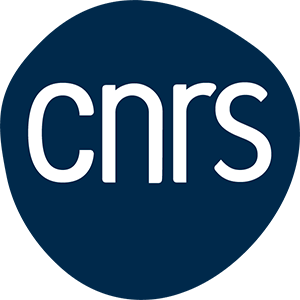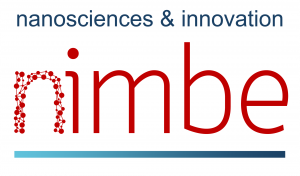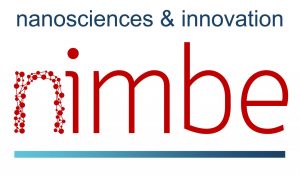Domain, Specialties : CHEMISTRY
Keywords: Recycling, depolymerisation, green chemistry
Research Unit : NIMBE / LICSEN
Summary
This internship addresses a major environmental and economic challenge: e-waste recycling. Electronic waste is one of the fastest-growing waste streams globally, containing valuable metals like gold and polymer materials, yet its recovery remains limited and often harmful to the environment.
Currently, only a small fraction of e-waste is recycled efficiently, leading to resource loss and significant pollution. Traditional methods are often energy-intensive or corrosive, struggling to balance effectiveness with sustainability.
The goal of this internship is to develop greener chemical processes to recover metals and polymers from e-waste, reducing environmental impact while improving resource efficiency, a key step toward a circular economy and more responsible resource management.
Full description
The LICSEN laboratory at CEA has developed a process for recovering gold from electronic waste. This process involves dissolving the organic resin and non-precious metals in an inorganic acid, which allows gold to be recovered by sieving.
To optimize the recycling of all materials and avoid waste, it is necessary to understand the chemical reactivity of resins with acids and to characterize their degradation products. This will be the first objective of the internship, using the physico-chemical techniques available in two NIMBE laboratories (FT-IR, Raman, TGA, GPC, NMR, XRD, GC-MS).
The degradation of resin from electronic waste is currently performed using concentrated acid, which makes it difficult to apply this process on a larger scale due to acid corrosiveness and the potential dissolution and loss of metals. With the aim of valorizing the carbon-based polymer material (which accounts for ~50% of the total mass of electronic waste), the second objective of the internship will be to develop milder chemical methods to selectively depolymerize the resin into valuable monomers, which will then be isolated.
The recycling methods developed will be compared using life cycle assessment (LCA) and techno-economic analysis, as well as by analyzing metal dissolution using XRF and/or ICP-AES. These approaches offer interesting prospects for the overall valorization of composite waste containing both metallic elements and organic resins, such as printed circuit boards and wind turbine blades.
Location
CEA Saclay, (91) Essonne, France
Internship conditions
- Internship duration: 6 months
- Level of study: Bac+5
- Training: Master 2
- Continuation in PhD thesis: Yes
- Application deadline: 1 mars 2026
Experimental skills
Language : English
Useful methods and technics:
FT-IR, Raman, ATG , GPC , RMN
DRX , GC-MS , XRF , ICP-AES, ACV, TEA
Computer languages and software: Open LCA
Links
- Web site of the laboratory: NIMBE/LICSEN
- Web page of the supervisor
Supervisor
Guillaume Zante
Phone: 0169089083
Email :




